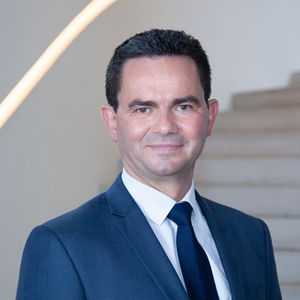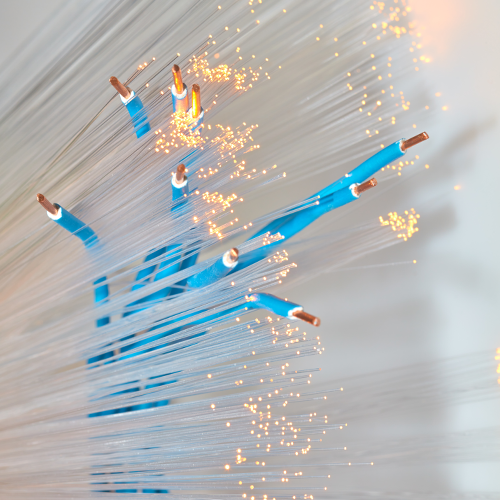BREKO, Europacable and FTTH Council statement: Build Fibre, Save energy!

Studies comparing traditional copper or coaxial cable-based technologies to those of full fibre networks at different speeds and capacity rates show evidence that the choice of broadband network technology can have a significant impact on the electricity required to operate the network and on CO2 emissions. The conclusion: choosing full fibre networks can drastically reduce greenhouse gas emissions.
Europe´s ability to meet the requirements of successful climate measures as well as the digital transition depends on the quality and sustainability of its telecommunication infrastructure.
"The telecoms sector can play a critical role in Europe's ability to meet its sustainability commitments by reshaping how European's work, live and do business," states Vincent Garnier, Director General, FTTH Council Europe. “Fibre networks use much less energy than legacy and alternative infrastructure and thus can significantly lower emissions produced by the telecom and ICT sector, and they are pivotal to the implementation of the European Green Deal."

Vincent Garnier
Director General, FTTH Council Europe
A report from Germany’s leading broadband association BREKO shows that copper-based networks (VDSL2 vectoring, super vectoring) consume up to seventeen times more electricity than fibre networks, based on electricity consumption per bitrate. This is also affected by the number of active network elements. High quality fibre networks increase energy efficiency of data transfers and storage and reduce energy consumption. What’s more, full fibre networks are more reliable than copper-based alternatives, with less service disruption, less failure and lower maintenance costs.
However, these factors are not being taken into account in political and economic decision-making processes. Only full fibre networks - FTTH (Fibre to the Home), FTTB (Fibre to the Building), FTTO (Fibre to the Office), or FTTA (Fibre to the Antenna) - will be able to meet future data rate requirements without adapting or upgrading their primary passive infrastructure.
To reap the benefits of digitalisation and to enable a more sustainable future, political commitment to full fibre technology is needed. BREKO, Europacable and the FTTH Council Europe are calling on policy-makers to make the right choices.
A study by the German Umweltbundesamt (Environmental Agency) shows that the CO2 emissions per hour of video streaming for FTTH is only half of that of the fastest copper network.
Watch the workshop Towards a Greener Europe with Full Fibre which took place at the FTTH virtual Conference 2020.
Download the studies
Study conducted by Prof. Dr. -Ing. Kristof Obermann from the University of Applied Sciences (Technische Hochschule) Mittelhessen from BREKO in May 2020
DISCOVER MORE
Study conducted by Prof. Dr. Ing Stephan Breide, Sebastian Helleberg M. Eng i.Hs FH
DISCOVER MORE





